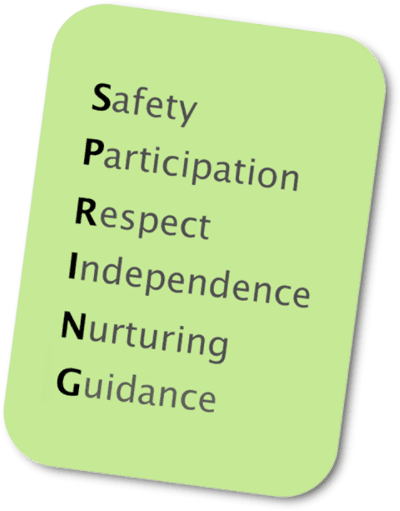Job Description
To support the delivery of the supervised contact centre ensuring:
Children are kept safe, and their emotional well-being is safeguarded during contact with family members who have been assessed as posing a level of risk to them.
Positive relationships are satisfied between a child and their non-resident family members wherever possible.
Parents are supported practically and emotionally to make supervised contact sessions a positive experience wherever possible.
Harmful or abusive contact is recognised, reported and steps taken to reduce or remove any such harm or abuse.
Role-specific duties:
To support the delivery of safe and effective supervised contact sessions.
To ensure you have an understanding of, and comply with, Family Action’s procedures for promoting and safeguarding the welfare and safety of children and vulnerable adults, undertaking risk assessments before each session.
To assess the quality of parenting observed during the supervised contact and use this evidence to complete reports as required by the court or principal social worker.
To ensure that all supervised contact sessions are managed to ensure as positive experience for the children as possible.
To recognise any risks of harm and intervene appropriately to de-escalate the risks or bring in additional support as required to safeguard the children.
To keep records of your work, adhere to confidentiality, information sharing protocols and risk assessment processes.
To contribute to the collection and analysis of information required by commissioners, judiciary, principal social worker and Family Action and provide accurate reports as necessary.
To participate in personal supervision and training and appraisal processes to ensure your knowledge skills and practice is of a high standard.
To ensure you have an understanding and comply with procedures for promoting and safeguarding the welfare of children and vulnerable adults.
To ensure the implementation of Springcare’s Diversity & Equality Policy in every aspect of your work and positively promote the principles of these policies amongst colleagues, service users and other members of the community.
To work flexibly as may be required by the needs of the service and carry out any other reasonable duties as required.
Other duties:
Other duties and responsibilities to be undertaken may include any (or all) of the items in the following list:
Seek opportunities for personal and professional growth.
Working with others:
Develop effective working relationships with other employees within the service.
Work in cooperation with members of multidisciplinary teams to maximise opportunities for service users.
Personal and professional development:
Attend statutory training and any other training as directed by management.
Specific requirement for skills:
Good planning and excellent report writing and record keeping skills (essential).
Excellent verbal, listening and presentation skills, including basic IT skills (essential).
Educated to level three or above with a recognised professional qualification in social work, health, education or equivalent, and evidence of a commitment to continuing learning and professional development (desirable).
Teh ability to work with families in conflict and the importance of remaining impartial, objective and focused on the needs of the child/children at all times (essential).
To have a clear understanding of child development, and expectations of “good enough” parenting (essential).
Able to demonstrate an understanding of safe working practices, risk assessment and risk management (essential).
Ability to prioritise and organise workload effectively (desirable).
Willing to offer some flexibility in work hours and regularly work weekends and occasional evenings (essential).
Values-based personal qualities:
Working together:
Involve Service Users, families, external agencies and colleagues
Speak up when things go wrong
Respect and dignity:
Understand person-centred care and can demonstrate treating people as individuals and respecting choices
Promoting independence and encouraging appropriate risk taking
Everybody counts:
Ensuring no one is discriminated against or excluded
Understand human rights and impact on care delivery
Facilitating people to ‘speak up’ about concerns and acting upon them
Commitment to quality of care:
Striving for quality in everything we do, recognising and understanding what quality in care means for people using the services
Being accepting about criticism and focusing on improvement
Being open to new opportunities for learning and identifying the limits of skills and knowledge
Compassion:
Treating people with kindness
Understanding the importance of empathy in all areas of employment
Understanding the values of others and always providing a caring service
Improving lives:
Understanding of wellbeing and what is important to people using the service
Focus on how things could be done better and sharing ideas
Improving outcomes for people
Ensuring appropriate services are provided for people using the services
Experience
Previous experience of working in a similar environment (desirable), Previous experience of working with children & families (essential)
Qualification
Vocational qualification level 3 Health and Social Care / recognised professional qualification in social work, health, education or equivalent (desirable)
Location
Springcare Support Services ( Family Centre) -10 Market Parade N9 9HF / In the community
Working Hours
Sessional
Reports To
Manager
Language
English – Written and verbal (essential)
Hourly Rate
£14.28

